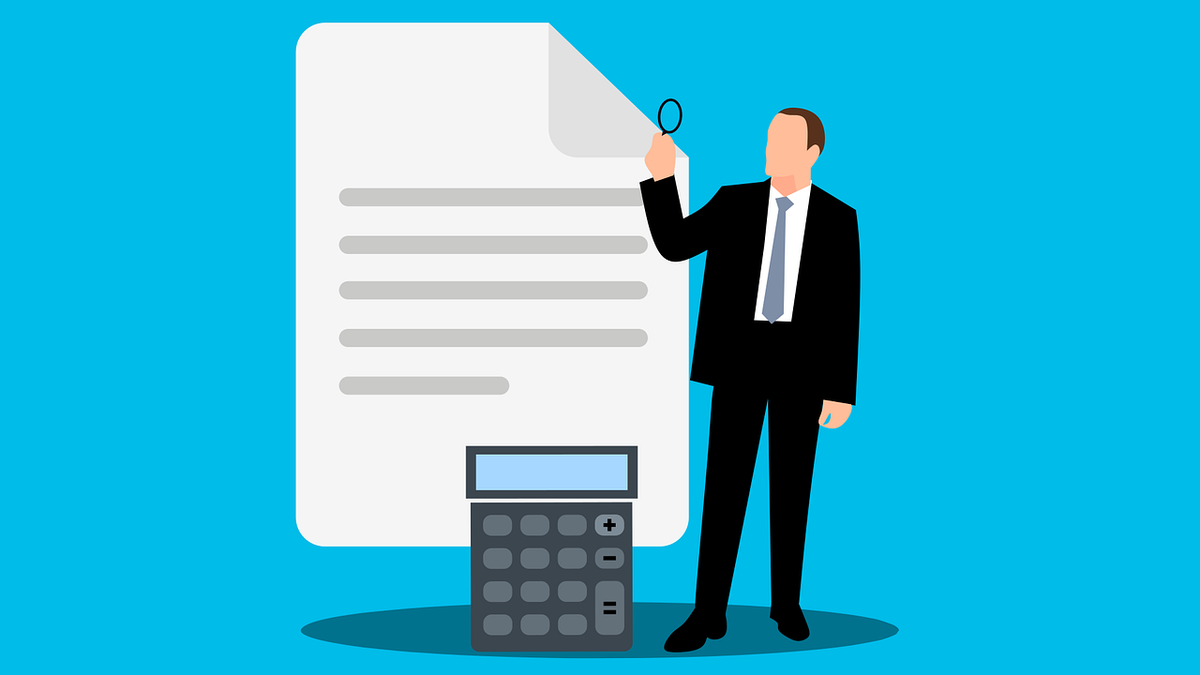In addition, over the next few days, officials from the Federal Administration of Public Revenues (AFIP) and its American counterpart (IRS, for its acronym in English) They will meet to analyze the safeguard mechanisms required for computer security.
Official sources said that the issue related to information security safeguards “is already very advanced, and only a few details are missing.”
Banks and insurers based in Argentina will also have to adapt their systems to respond to any requirements formulated by the US authorities on citizens of that country.
“Nobody believed that this was going to happen, as they also doubted that the banking secrecy of Uruguay or Switzerland would be lifted, but after 2001 all banking and financial information is becoming available,” said an official source, highlighting the importance of the agreement. signed with the US.
As of the implementation of the agreement, US banks will not be able to give information, nor select which to give and which not about Argentine taxpayers, because they are subject to the regulation of the North country.
Among other issues, the agreement includes all US states, since it is a government-to-government understanding.
In this way, as of next January 1, the understanding will also have practical effects in real life, since from now on, all Argentines who want to open an account in the US will have to present an affidavit, since no entity in that country would be exposed to opening an account that is undeclared.
Based on existing projections, most of the large accounts of Argentine taxpayers are located in the states of Florida or New York.
The information that the AFIP will receive will be about all types of income, royalties, dividends and balances.
Neither will it have a minimum amount as a limit, which ruins the versions that the information included in the agreement is about figures greater than 50,000 dollars.
The tax information exchange agreement (IGA) with the United States provides for the inclusion of beneficiaries of companies registered in the Northern country and individuals who, since they do not have those accounts declared in Argentina, will be investigated by the AFIP.
In the Government they trust that “many taxpayers with some type of irregularity will surely rectify their affidavits. A priori, we estimate that Argentines have US$100,000 million in US accounts.”
On this total, and depending on the actions that must be taken when evasive or elusive maneuvers are detected, it is estimated that for this concept there would be a collection floor of US$1,000 million per year.
From the Government they assure that this agreement is not thought only for the short term but as a “State policy”, because it will open a new range of information exchange with the United States.
The implementation of the agreement occurs in parallel to a new draft of the Money Laundering Law that will be debated by Congress, so that individuals or final beneficiaries of companies have the alternative of repatriating those funds not declared before the Argentine treasury.
Background
According to official information, since 2017 the Agreement between the Argentine Government and that of the States for the Exchange of Information on Tax Matters (TIEA) has been in force.
Basically what this agreement allows is the exchange of information “case by case” Y “at the request of a tax administration” referred to the national taxes administered by the AFIP, as well as the federal taxes of the United States. It is for bank accounts, real estate, stocks.
It should be noted that foreign persons must use Form W-8BEN to prove their foreign status (including foreign persons who are a member of a disregarded entity for US tax purposes).
This agreement is not the only one that Argentina has with foreign control agencies. Since 2011, AFIP exchanges information
Tax and customs over 100 countries and jurisdictions.
Whitening
The Ministry of Economy is preparing a new laundering project aimed at the funds declared being used for productive investment, particularly construction.
The initiative will be based on a bill by Senator Oscar Parrilli, which has received partial approval from the Upper House (constitution of a fund to pay the IMF with the dollars that escaped from the country). The intention of the economic leadership is to submit its initiative at the end of the year so that it can be dealt with in the extraordinary sessions of Congress.
It should be remembered that two money-laundering operations are currently in force, one for funds destined for construction and recently, with the enactment of the budget law, the possibility of regularizing dollars destined for imports was opened.
Source: Ambito
David William is a talented author who has made a name for himself in the world of writing. He is a professional author who writes on a wide range of topics, from general interest to opinion news. David is currently working as a writer at 24 hours worlds where he brings his unique perspective and in-depth research to his articles, making them both informative and engaging.




